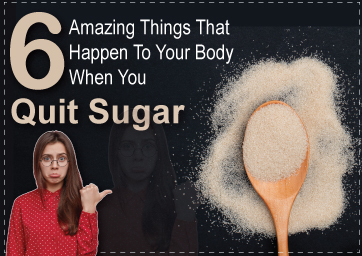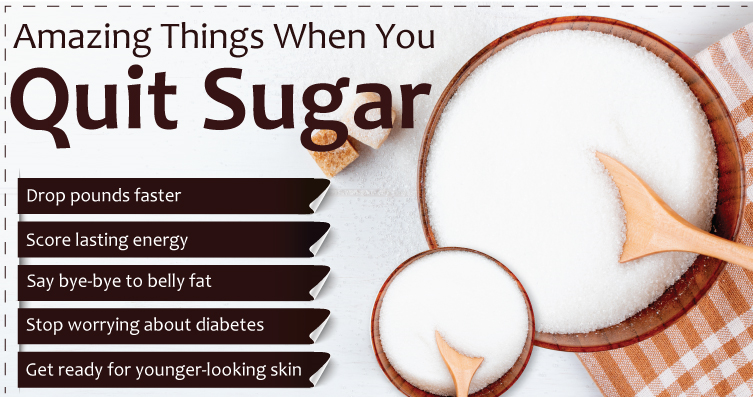Quitting sugar can bring big changes to your body. When you quit sugar, you may begin to feel more energetic or observe that your skin looks better. Your mood can be elevated and, perhaps, you will sleep better. Losing weight is just part of the health enhancement that you are likely to get from following up benefits of cutting out sugar. A person’s immune system also improves when they cut on sugar. Here are six fantastic changes your body goes through when you quit sugar: This lifestyle modification can dramatically change your health for the better.



 Contact Us
Contact Us






 Hospitals
Hospitals
 Doctors
Doctors
 Diagnostic
Diagnostic
 Pharmacy
Pharmacy
 Health Tips
Health Tips
 Blog
Blog


















Comments